We've all seen the movies: emotionless robots taking over the world, shoving us humans into service jobs like poolside cocktail makers (hey, a man can dream). But the reality of AI creeping into the workplace is a lot less Terminator and a lot more… existential dread at your cubicle. Let's face it - we've all stared at a flickering computer screen, late at night, the news blaring headlines about how AI will replace jobs.
Artificial intelligence is undeniably on the rise, poised to reshape the professional landscape as we once knew. But before you hit the panic button and dust off your old resume, here's the deal: AI isn't coming to completely replace your job. It's more like a weird office reorg, with some roles merging, some evolving into cyborg-human hybrids, a few might get shuffled off to the land of rolodexes and fax machines (RIP).
But will AI truly render your career obsolate or can it ignite a professional odyssey? Let's delve deeper into the impact of AI on jobs, separating fact from fiction and exploring the opportunities that lie ahead.
AI and Automation: a Reshuffle, Not a Replacement
Remember Marvin, the spreadsheet samurai who could conquer numbers faster than a hummingbird on a Red Bull bender? AI can do that too, likely without needing a mid-morning pastry break (don't worry, Marvin, we still appreciate your dedication to the perfect pivot table.)

While AI is undoubtedly on the rise, its role in the workplace is more nuanced than a simple takeover. A 2017 study by McKinsey Global Institute estimates that automation could affect up to 800 million jobs worldwide by 2030. However,the report also highlights the potential for job creation in new sectors driven by AI advancements.
Repetitive tasks like data entry, bookkeeping, and a basic financial analysis are prime targets for AI automation. AI's speed and accuracy will likely render some positions obsolete. However, this doesn't necessarily mean mass unemployment. Reskilling and upskilling initiatives will be crucial, enabiling individuals to transition into roles that leverage their human strenghts along artificial intelligence. Jobs requiring creativity, complex problem-solving, and emotional intelligence will likely see continued demand.
Sales: From Chatbots to Closing Deals
AI-powered chatbots can handle basic sales inquiries and even personalise product recommendations. This might mean fewer comission-based telemarketing and door-to-door sales roles. But fear not, as the Glengarry Glen Ross days of pressuring customers aren't entirely over. The human touch is still deeply embedded in building raports, closing deals, and navigating complex customer needs.

Salespeople who can leverage AI tools to identify leads, personalize pitches, and provide exceptional customer service will be rock stars of the future sales force.
The Order-Taking Overlords
Ever placed a phone order only to be trapped in that automated labyrinth of "press one for..." prompts? AI is slowly creeping into the costumer service sector, handling basic inquiries and transactions. But before you envision a world devoid of friendly human interaction, remember, AI can't quite decipher the frustration of a lukewarm latte quite like a real person can. The future of customer service roles will likely shift towards more complex problem-solving and building genuine rapport with customers, areas where human empathy still reigns supreme.
In a world increasingly reliant on technology, the human touch will become an even more valuable commodity. Imagine a customer service representative who utilizes AI-powered chatbots to handle basic inquiries, freeing them to focus on resolving complex customer issues and building long-term relationships with clients. This personalized approach will be key to differentiating businesses in a crowded marketplace.
Will AI Replace Jobs? Not Quite, But You Can Reskill for the Future
We've already seen how AI is transforming data-driven roles and manufacturing. But the reach of automation extends far beyond the spreadsheet warriors and factory floors. From navigating the open road to cultivating crops, AI is making its presence feilt in unexcepted corners of the professional world. The key takeaway? The future of work isn't about humans versus machines, but about humans and machine working together, like a well-oiled (or maybe AI-oiled?) machine, if you will.

However, the collaboration will require a shift in mindset and a focus on developing the skills that will be most valuable in an AI-powered era. Think adaptability, creativity, complex problem-solving, and the ever-important human touch. The ability to build a rapport, think outisde the box, and navigate the nuances of human emotion will remain irreplaceable assets.
Truth be told, the future belongs to those who can embrace lifelong learning. As AI continues to evolve, so too must our skillsets. This is where Learning and Development (L&D) teams have a pivotal role to play. By identifying skill gaps and developing targeted reskilling initiatives, L&D teams can ensure a workfoce that is future-ready and equipped to thrive alongisde AI.
The good news? There's a plethora of resources available to help with the reskilling revolution. AI-powered learning platforms can personalize training experiences, identify knowledge gaps, and track progress – ensuring that professionals are equipped with the right skills at the right time. One of these learning platforms is Ai Expo Europe, Eastern Europe's largest artificial intelligence conference.
For more information, to purchase tickets or promotional packages, visit: www.aiexpoeurope.com. The conference will cover a wide range of topics: from education and ecology to legal issues, deep societal changes, architecture, urbanism, and art, focusing particularly on how AI will impact future professions and addressing the pressing question: Will AI replace our jobs?
